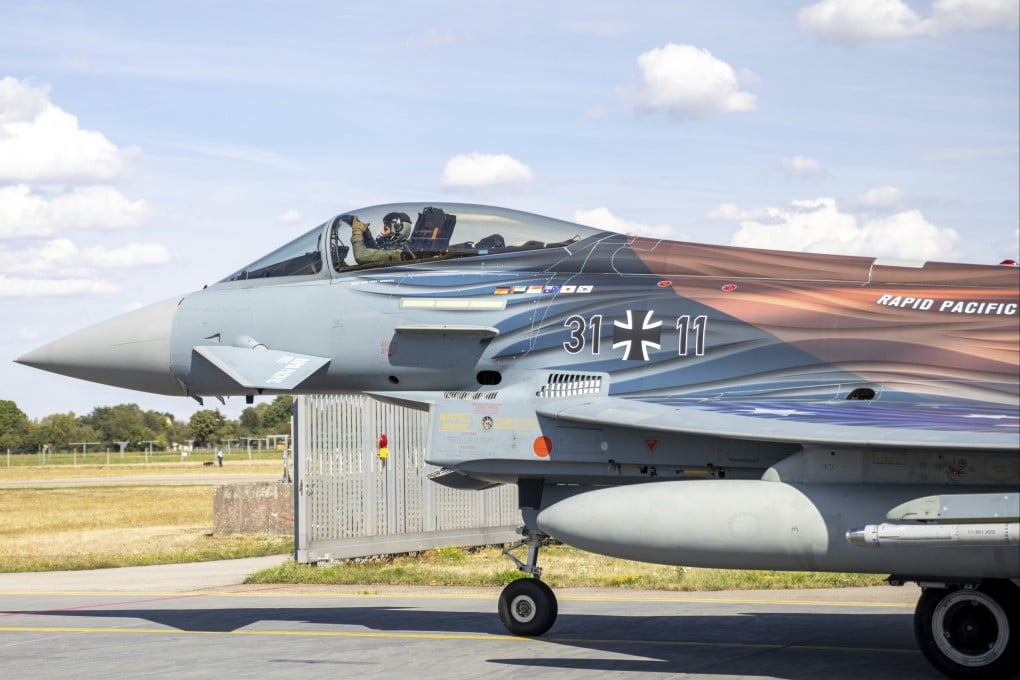Letters | Germany’s defence posture will raise hackles and fearmongering in Asia
- Readers are concerned about rising German military engagement in the region, suggest that empty hotel rooms be used for social housing and ask for greater oversight of concert organisers after freak Mirror accident

Firstly, it signals to Beijing that Germany is ready to play a bigger role to protect its economic and geostrategic interests in the region.
Secondly, it serves as a warning to Moscow and others that Berlin will no longer confine its focus to economic resilience and value-based growth based on the principles of freedom, stability and democracy. Finding itself on a new security footing both in Europe and the Indo-Pacific, it will gradually shift towards a more assertive defensive posture.
The rapid deployment of the long-range flight aims to show Germany’s agility and capacity to spread its air power to cover a distant potential conflict. The message is: if and when needed, Germany could mount a surgical intervention to secure its interests abroad or deter aggressive intentions despite having no aircraft carrier.
Thirdly, Germany seeks greater leadership in the West’s efforts to contain China. It wants to play a more supportive role in key events in return for more trust and support for its defensive needs outside Nato’s sphere, in anticipation of short and long-term threats, including China’s challenge of Germany’s tech leadership.